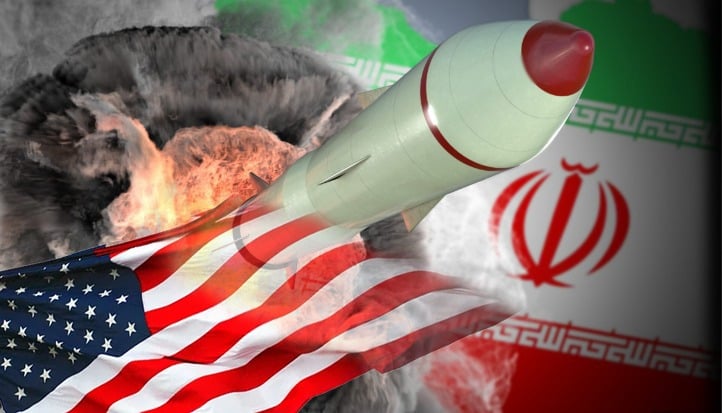Tehran has called on the International Atomic Energy Agency (IAEA) to take a clear stance on threats against its civilian nuclear facilities, following remarks by U.S. President Donald Trump suggesting potential military action against Iran.
Foreign Minister Abbas Araqchi, in a conversation with IAEA Secretary General Rafael Grossi on Tuesday, emphasized that Iran would take all necessary measures to protect its nuclear program. Grossi, in response, pledged to engage with relevant parties to foster a diplomatic resolution and accepted an invitation to visit Iran.
Trump’s recent comments, made in an interview with NBC News, warned that if Tehran did not agree to a new nuclear deal with Washington, military strikes would follow. “If they don’t make a deal, there will be bombing,” he stated.
Reacting to the remarks, senior Iranian official Ali Larijani warned that any attack under the pretext of nuclear concerns could force Iran to reconsider its defensive posture. However, Araqchi reaffirmed that Iran has no intention of pursuing nuclear weapons, citing a religious decree by Leader Ayatollah Seyyed Ali Khamenei prohibiting their development, possession, or use.
The Iranian foreign minister also took to social media, stressing that a decade after the nuclear agreement and years after the U.S. withdrawal, there remains “not ONE SHRED OF PROOF” that Iran has violated its commitments.
Meanwhile, UN spokesperson Stephane Dujarric urged restraint, emphasizing that disputes should be resolved diplomatically in accordance with the UN Charter.
Diplomatic exchanges continue, with Iran ruling out direct negotiations under the current U.S. “maximum pressure” policy. Araqchi reiterated that while diplomacy has succeeded before, “there is—by definition—no such thing as a ‘military option’ let alone a ‘military solution.’”





